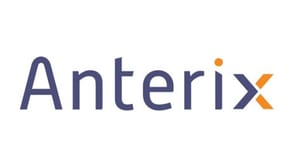Latest News
Jan 18, 2025
thumbnail
Public Safety
FirstNet Authority board Chair Keisha Lance Bottoms to resign ahead of Trump inauguration
FirstNet Authority board Chair Keisha Lance Bottoms to resign ahead of Trump inauguration
Keisha Lance Bottoms has submitted a letter of resignation to vacate her recent appointment as FirstNet Authority board chair—effective Monday, the day of Donald Trump’s presidential inauguration—according to the National Telecommunications and Information Administration (NTIA).
Subscribe to receive Urgent Communications Newsletters
Catch up on the latest tech, media, and telecoms news from across the critical communications community
Partner Content
Google, NLC issue AI guide for city leaders
The National League of Cities and Google announced on Wednesday a report on how local governments can leverage artificial intelligence-driven technologies — and mitigate the risks they present.
Nov 17, 2024
|
1 Min Read
Tracking, Monitoring & ControlWith new leadership, NextNav and Anterix boast of 900MHz momentum
Nov 17, 2024
|
2 Min Read
Critical InfrastructureTrump 2.0 may mean fewer cybersecurity regs, shift in threats
Nov 16, 2024
|
3 Min Read




























